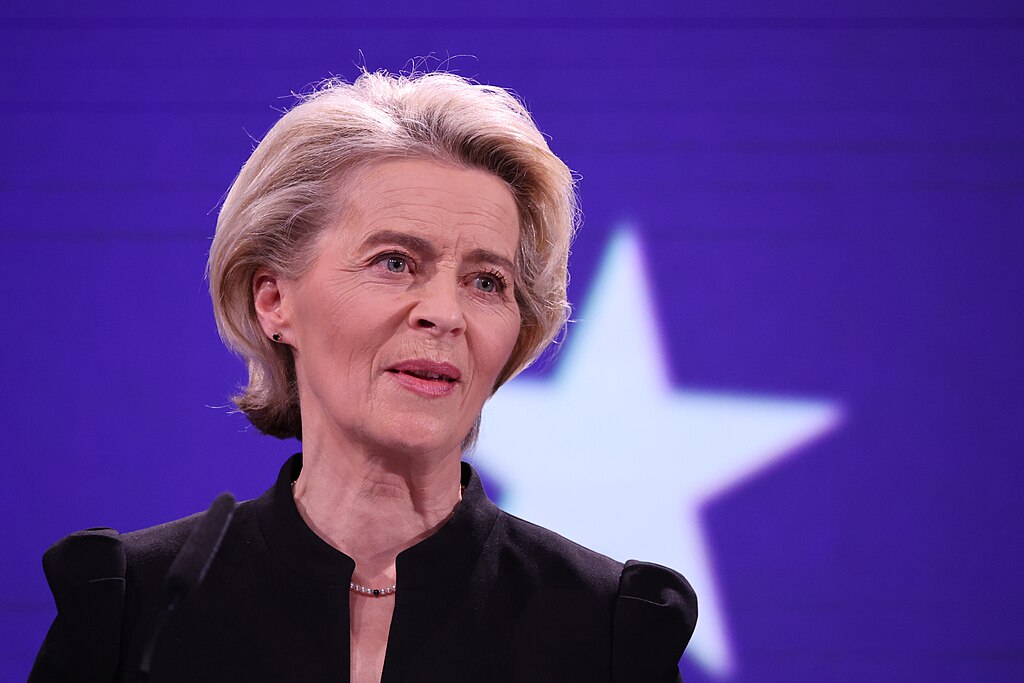European Commission President Ursula von der Leyen's recent visit to South America aims to finalize the EU-Mercosur trade agreement—a deal 20 years in the making. However, the negotiations have drawn sharp criticism, particularly from France, which vehemently opposes the proposed pact. French President Emmanuel Macron and farmer groups have labeled the deal a direct threat to French agriculture, fueling fears of economic and environmental repercussions.
The EU-Mercosur trade deal promises to create one of the world's largest trading blocs, significantly reducing tariffs on goods such as South American beef and grains. While proponents argue the agreement would open critical markets for European exports, diversify trade partnerships, and secure access to essential minerals for green technologies, French farmers are alarmed by potential market saturation with cheaper agricultural imports. The commodities in question, primarily from Brazil and Argentina, do not align with the EU's stringent environmental and safety standards, further inflaming opposition.
Macron, already embroiled in a domestic political crisis following the collapse of his government, has decried the agreement as "unacceptable." He continues to advocate for stricter safeguards, demanding that South American producers adhere to EU standards and that violations of climate commitments under the Paris Agreement lead to punitive measures. Meanwhile, Macron faces increasing pressure from Germany and other EU states eager to finalize the deal to enhance global trade competitiveness amid ongoing geopolitical shifts.
Despite resistance, the deal appears close to realization. Mercosur negotiators have expressed optimism, and von der Leyen, alongside German Chancellor Olaf Scholz, has reiterated the urgency of concluding the agreement to bolster the EU's credibility as a trading partner. However, France's vocal objections have underscored a broader rift within the EU, pitting economic ambition against agricultural protectionism and environmental integrity.
While the agreement is hailed as a milestone in global trade, its controversial nature underscores the challenges of reconciling diverse interests within the EU. France's isolation on this matter may not derail the pact but raises significant questions about the bloc's ability to balance economic goals with internal dissent and environmental priorities.



 Gold Prices Steady in Asia, Set for Strong February Gains on Safe-Haven Demand
Gold Prices Steady in Asia, Set for Strong February Gains on Safe-Haven Demand  Australia Housing Market Hits Record High Despite RBA Rate Hike
Australia Housing Market Hits Record High Despite RBA Rate Hike  Gold Prices Surge Over 2% After U.S.-Israel Strikes on Iran Spark Safe-Haven Demand
Gold Prices Surge Over 2% After U.S.-Israel Strikes on Iran Spark Safe-Haven Demand  Asian Currencies Slide as US-Israel Strikes on Iran Trigger Oil Surge and Risk-Off Rally
Asian Currencies Slide as US-Israel Strikes on Iran Trigger Oil Surge and Risk-Off Rally  Strait of Hormuz Oil and LNG Shipments Disrupted After U.S.-Israel Strikes on Iran
Strait of Hormuz Oil and LNG Shipments Disrupted After U.S.-Israel Strikes on Iran  Global Markets Reel as Euro Falls, Swiss Franc Surges and Oil Prices Spike After U.S.-Israel Strike on Iran
Global Markets Reel as Euro Falls, Swiss Franc Surges and Oil Prices Spike After U.S.-Israel Strike on Iran  U.S. Stocks Close Lower as Hot PPI Data, Nvidia Slide Weigh on Wall Street
U.S. Stocks Close Lower as Hot PPI Data, Nvidia Slide Weigh on Wall Street  Oil Prices Surge 13% as U.S.-Israel Strikes on Iran Spark Supply Fears
Oil Prices Surge 13% as U.S.-Israel Strikes on Iran Spark Supply Fears  Australian Dollar Rallies on Hawkish RBA Outlook; Yen Slips as BOJ Faces Political Pressure
Australian Dollar Rallies on Hawkish RBA Outlook; Yen Slips as BOJ Faces Political Pressure  Dominican Republic Unveils Massive Rare Earth Deposits to Boost High-Tech and Energy Sectors
Dominican Republic Unveils Massive Rare Earth Deposits to Boost High-Tech and Energy Sectors  Asian Markets Slide as Nvidia Earnings, U.S.-Iran Tensions and AI Valuations Weigh on Investor Sentiment
Asian Markets Slide as Nvidia Earnings, U.S.-Iran Tensions and AI Valuations Weigh on Investor Sentiment  Bank of Japan Signals Further Interest Rate Hikes as Inflation Trends Toward 2% Target
Bank of Japan Signals Further Interest Rate Hikes as Inflation Trends Toward 2% Target  Trump Warns Iran as Gulf Conflict Disrupts Oil Markets and Global Trade
Trump Warns Iran as Gulf Conflict Disrupts Oil Markets and Global Trade  Japan Manufacturing PMI Jumps to Four-Year High as Global Demand Strengthens
Japan Manufacturing PMI Jumps to Four-Year High as Global Demand Strengthens  MOEX Russia Index Hits 3-Month High as Energy Stocks Lead Gains
MOEX Russia Index Hits 3-Month High as Energy Stocks Lead Gains 































